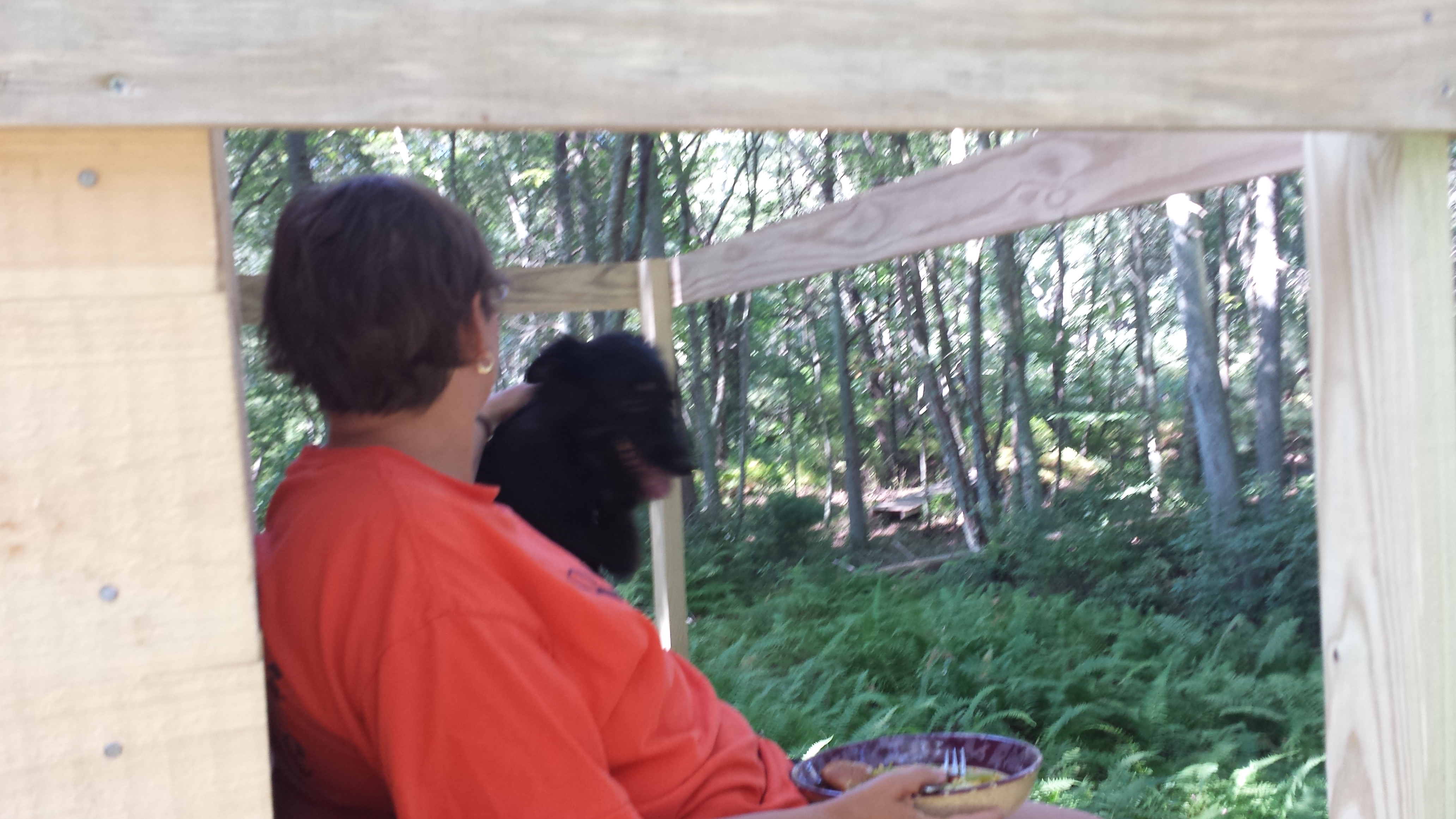Welcome to the Wakefield Doctrine (the theory of clarks, scotts and rogers)
This is the Wakefield Doctrine’s traditional contribution to the Ten Things of Thankful (TToT) bloghop.
Readers? ‘This is a Grat bloghop’*. (A little football humor there.) Speaking of football, our founderess, Lizzi is reportedly exploring financing options in her quest to buy the Manchester Mandrakes. Of course, the game referred to as ‘football’ played in parts of the world is not quite as formal as that which the source of our opening (and purely gratuitous**) quote.
Be that as it may, such an ambition is minuscule tubers when embraced by the woman who, when starting this blog, back in 1984, premiered with Fifty Things of Thankful. The collective ‘aiiyeee!’ from Blogville could be heard around the world). Fortunately for us, she relented and allowed us a break with a 20 percent reduction in list size. (No, our gift for math will not appear on the list today.)
The Doctrine offers the following list of people, places and things that have resulted in our experiencing gratitude-like subjective states.
1) Phyllis
2) Una
3) the Wakefield Doctrine
4) the Six Sentence Story bloghop This week’s pic of the sic: ‘A Long Ache‘ by Miskey
5) the Unicorn Challenge bloghop This week’s Best-of-the-‘corn: Margaret‘s ‘Beach holiday‘
6) our co-writ, Serial Six, ‘…of Heroes and the MisUnderstood’ (Tom being the writer of the cool Co-Ordination of Supervillains)
7) in the 10k dept
8) something, something
9) weather approaching ideal (ideal defined as: warm enough to sweat from minor exertion (without a coat) but cool enough not to wake certain, multi-legged creatures.)
10) Secret Rule 1.3
*Vince Lombardi
** that is how you play the Grat-blog game! booyah! (lol)
music
*
*
*
*
*









